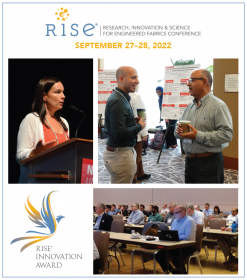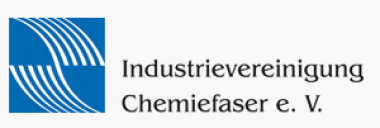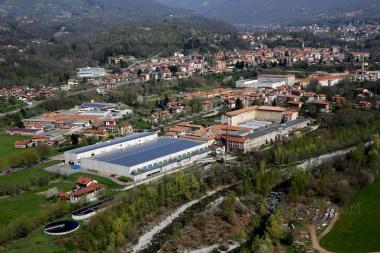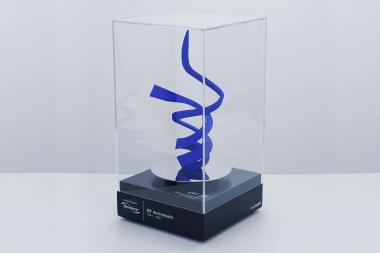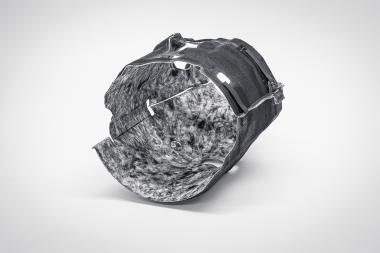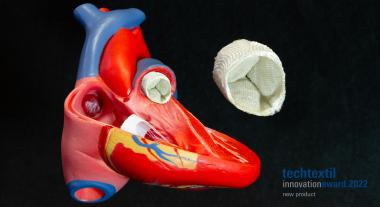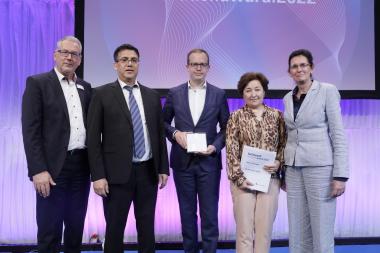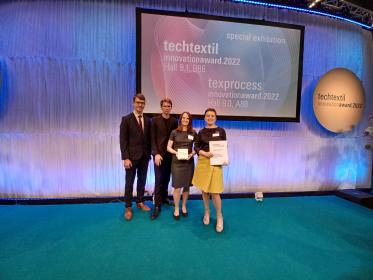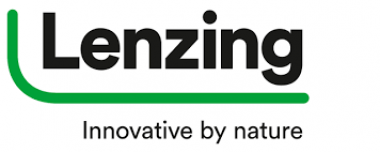VUB: Hybrid threads based on ultrafine metallic micro-wires
After three years, VUB a.s again got the chance to actively participate in the European trade fair Techtextil 2022m being present at a joint stand of Czech companies active in production and application of technical textiles, organized by Clutex - Cluster Technical Textiles.
In cooperation with partners from academic and production sphere many products were developed over the past years, sold by VUB under the brand Clevertex. For the presentation at the fair, a wide range of ESD protective clothing for the electrotechnical industry and for each worker dealing with electrostatic discharge sensitive components was on display. As well as another product line of the Clevertex brand representing wearable skincare textile products with antiseptic effects based on purely natural textile materials.
Attention was paid to the advanced solutions for smart textiles and e-textiles products esp. electrically conductive hybrid threads based on ultrafine metallic micro-wires. A significant advantage of these threads lies in their full compatibility with standard textile manufacturing processes, and possibility of customization in terms of fineness, electrical conductivity and temperature resistance of individual thread. As an example of one of the applications of conductive threads, different types of woven elastic conductive ribbons were demonstrated, which could be used as bus bars or as textile conductors wherever a variable length of conductive element is required without the negative influence on their electrical resistance during the change the length.
VÚB a.s.









